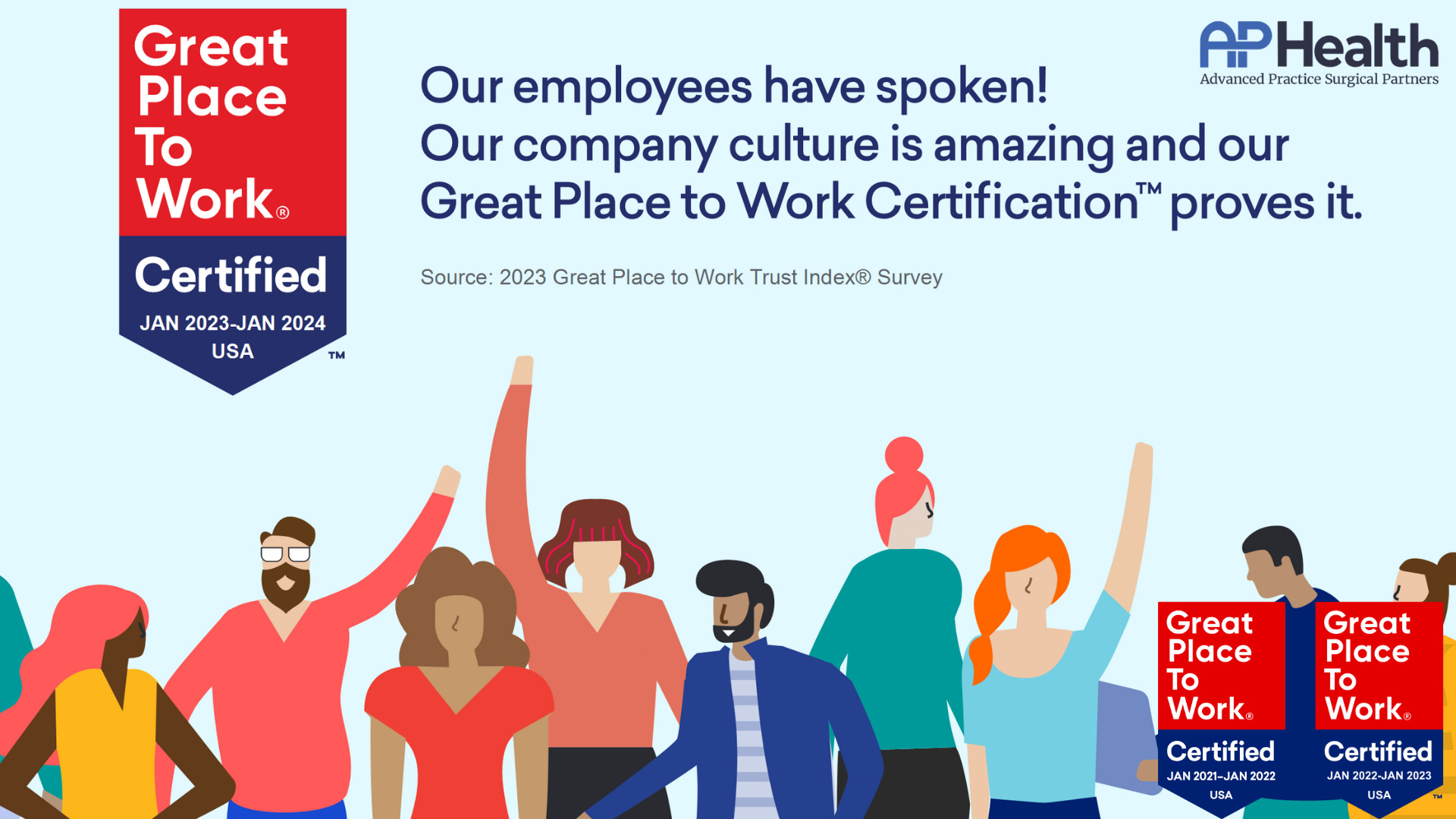
It seems like everyone in healthcare is looking for AI to be a silver bullet to improve operations and increase profit margins. While the power of AI will be transformative, there are opportunities to leverage technology to improve performance with tools that are available today.
At AP Health, we recruit, manage and bill advanced practice providers, primarily for hospitals’ surgical operations. That includes a lot of moving parts and players. My operations team handles provider credentialing, enrollment, coding, billing and encounter reconciliation. So, if it has to do with getting somebody into an operating room or what happens after they’re done there, that’s our wheelhouse!
The heart of our technology stack is our proprietary LogistiSx platform. LogistiSx started as a case management scheduling app but is now a full practice management solution that enables us to scale the business and increase efficiencies in virtually every area. While it doesn’t incorporate AI yet, we’ve achieved business goals by leveraging technology with a traditional focus on operational efficiency and productivity.
Streamlining Repeated Tasks in Credentialling, Onboarding and Scheduling
Finding advanced practice providers and getting them ready to work in an OR requires a lot of repeated tasks. Recruiting, credentialling, onboarding and scheduling involve multiple people and departments. We’ve moved all these tasks into our technology platform, creating a central record, along with tasks for our new employees and team members. We’ve significantly reduced emails and documents going back and forth and are able to get providers ready to work in the OR more quickly and more efficiently. And when we go to schedule a provider, only those eligible to work a particular case are shown to the schedulers. So, if a provider isn’t credentialled for a particular hospital or is on vacation, they won’t appear on the list of possibilities for the schedulers. Our efforts have improved the work life of both managers and providers, and have made us more efficient as a company.
Automating Functions to Improve Performance
We’ve taken a similar focus on process improvement when examining our coding, billing, and reconciliation functions. To get paid for the work our providers do, we need to have the correct billing codes, submit the claim and reconcile any discrepancies or errors. Having the correct billing codes is key to our getting paid – and we like getting paid. We have online access to some of our customers’ systems, so we can easily get the appropriate codes. For others, we built automated tools for code requests. Our system has a dashboard that lets us see where if information is missing and allows us to address it immediately.
We’ve taken a similar approach to our billing process. We built functionality into the system to identify billing discrepancies that may come up. We can then work to resolve any issues in our billing queue almost in real time, and before they might cause payment delays. The transparency our technology brings to the process results in our getting paid better and faster.
Effective AI Will Require Process Focus
Our success in leveraging technology to improve operations is the result of our focus on process improvement. We continually examine how we perform our daily tasks and look for ways to improve them. And we focus on those areas where process improvements can make the biggest impact for the company. I believe the same approach will be required for AI to deliver the operational performance and margin improvement that everyone anticipates.








Recent Comments